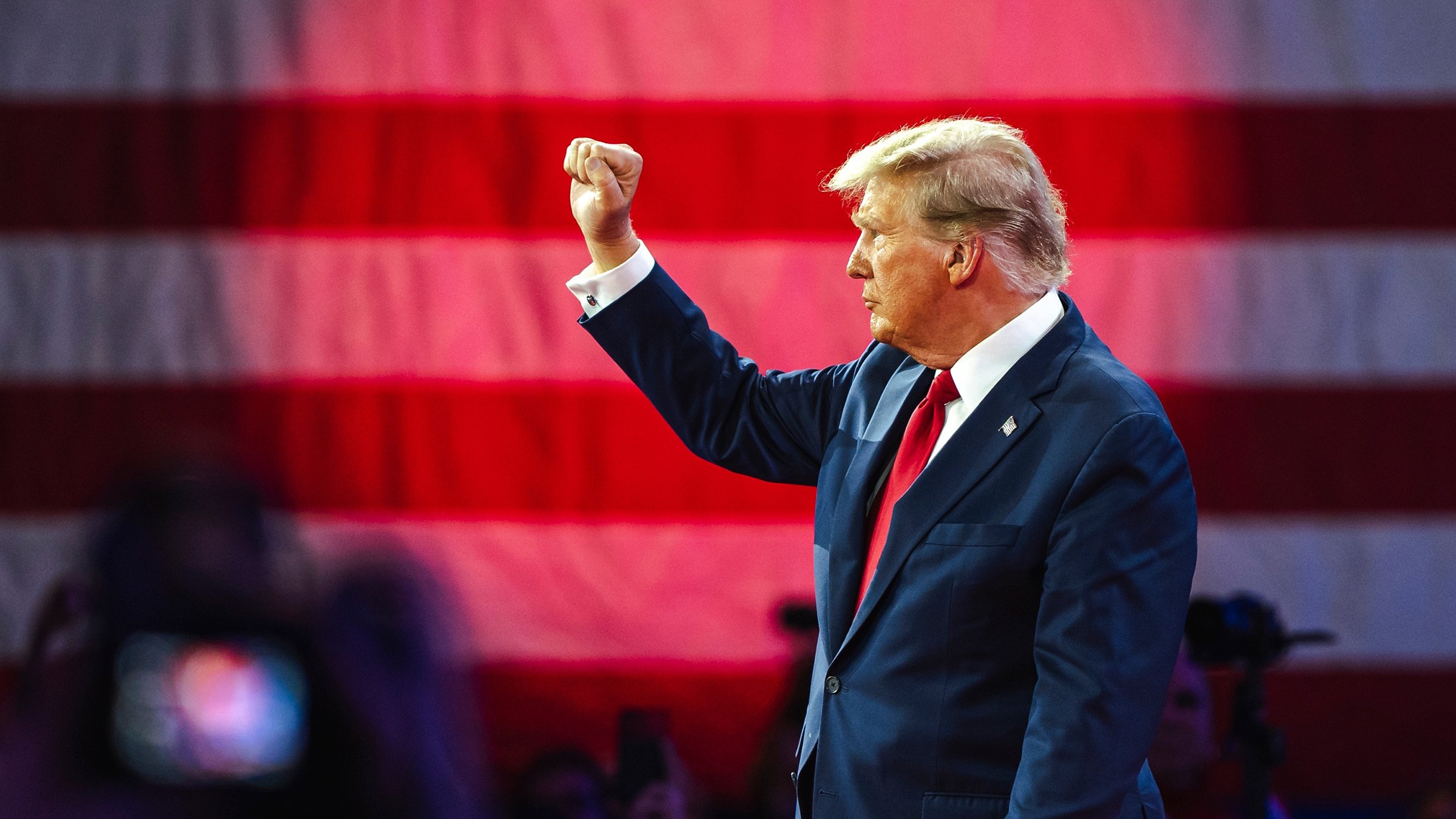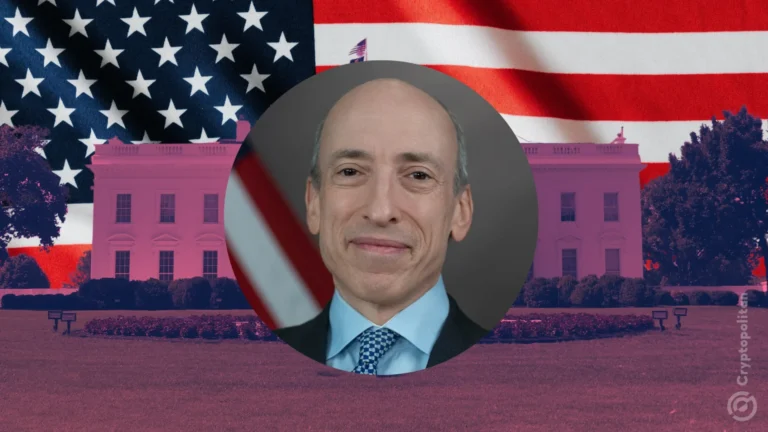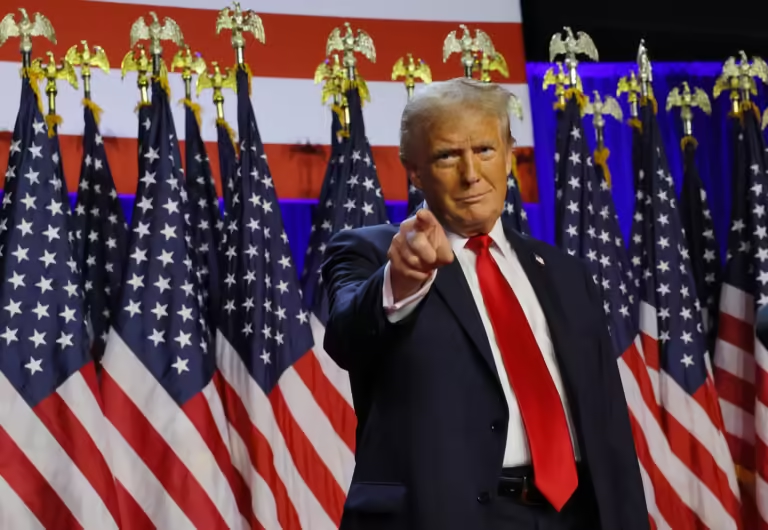Why Crypto Lovers Are Buzzing Over Trump’s Comeback and What It Means for You
In a surprising political twist, Donald Trump is set to return to the White House after a projected victory in the presidential election. This isn’t just any win—this time, his campaign was packed with promises that have the crypto world on edge, and in some cases, excited. Let’s break down the details and why understanding this matters for you as someone getting to grips with finance and technology.
The Big Headlines: What’s Trump Promising?
- Removing SEC Chair Gary Gensler: Trump’s most dramatic promise? To fire Gary Gensler, the current chair of the U.S. Securities and Exchange Commission (SEC), “on day one.” Why does this matter? Gensler’s SEC has been cracking down on major crypto companies, like Coinbase and Uniswap, arguing that many crypto assets are securities that need strict regulation. If Trump makes good on this pledge, it could mean fewer lawsuits and potentially smoother sailing for crypto businesses.
- Freeing Ross Ulbricht: Ulbricht is famous (or infamous) for creating Silk Road, an online marketplace that used Bitcoin for trade, including illegal items. Arrested in 2013, he’s serving two life sentences without parole. Trump’s pledge to commute his sentence could send a strong message about his administration’s stance on certain aspects of the crypto world and how harshly they’re punished.
- Supporting Bitcoin Mining: Trump wants the U.S. to lead in mining the rest of the world’s Bitcoin supply. This could mean policies that encourage building more mining infrastructure and resisting environmental rules that make mining difficult. This matters because it positions the U.S. as a global crypto mining leader, potentially influencing Bitcoin’s price and adoption.
- Creating a Strategic Bitcoin Reserve: Imagine if the U.S. treated Bitcoin like it does gold—a national asset to back up economic stability. Trump’s idea is to make sure any Bitcoin seized by the government isn’t sold off but held as a reserve. This could send a message that Bitcoin is here to stay and is even essential to U.S. financial strategy.
- Blocking a Central Bank Digital Currency (CBDC): CBDCs are basically government-run digital currencies that some argue could speed up transactions but might compromise privacy. Trump has vowed to prevent the U.S. from creating one, a move that could divide opinion. For some, it’s a step toward financial freedom; for others, it could block beneficial technological progress.
Why This Matters for You Understanding these promises isn’t just about keeping up with political news—it’s about seeing how leadership affects market trends, investments, and the future of technology. If Trump follows through:
- Crypto Regulations could loosen, making it easier for new projects and investments to thrive without as much fear of legal crackdowns.
- Bitcoin Mining could become more central to U.S. industry, tying crypto into the nation’s economic backbone.
- A Strategic Bitcoin Reserve could potentially make Bitcoin more valuable, impacting both new investors and current holders.
Is All This Realistic? While Trump’s promises sound game-changing, not everyone buys it. Critics point out that some of his goals, like making all remaining Bitcoin mining exclusive to the U.S., show a shaky understanding of the global, decentralized nature of Bitcoin. Figures like Eric Vorhees and Jameson Lopp have called parts of his agenda overly nationalist or impractical. So, while hope in the crypto space is high, there’s a strong reminder: Take these pledges with caution until action is seen.
Takeaway for Your Growth Following stories like this teaches you how intertwined finance, technology, and politics are. Leaders’ policies can change the rules, shift markets, and create new opportunities—or pitfalls. By watching how these promises unfold, you’re not just learning about current events; you’re seeing firsthand why knowing about regulation, innovation, and market trends is crucial. This is the kind of awareness that builds strong, future-ready financial thinking.



